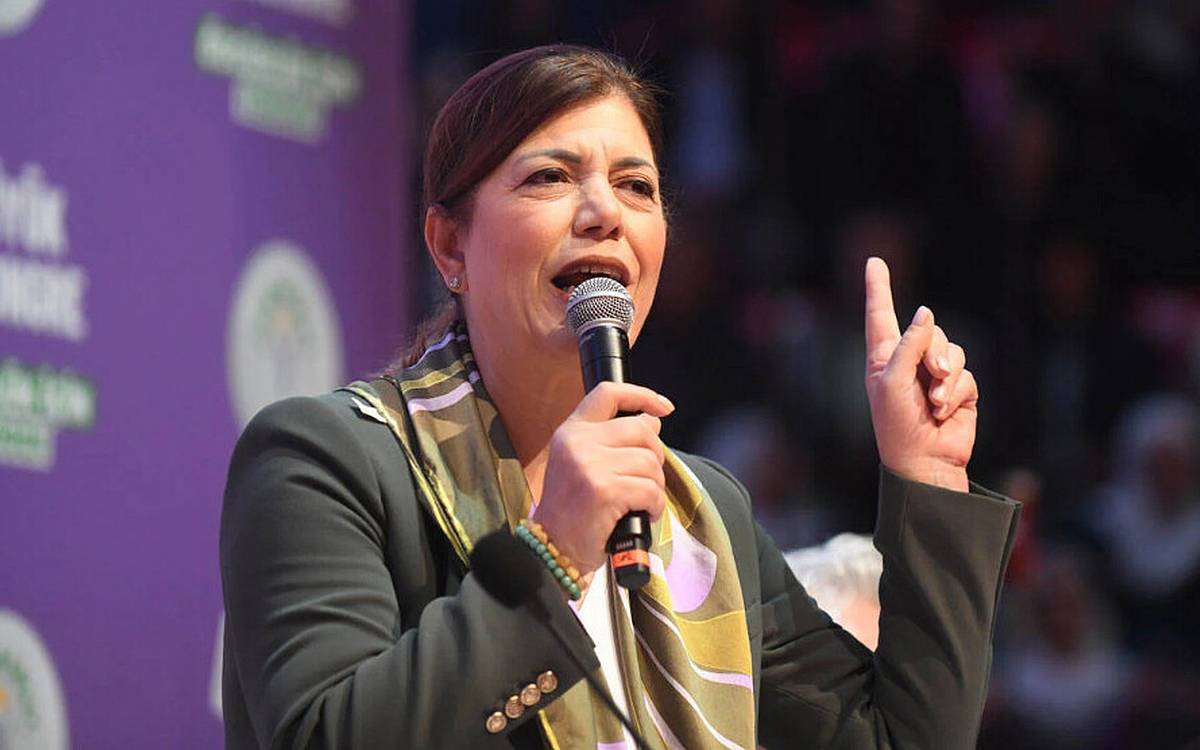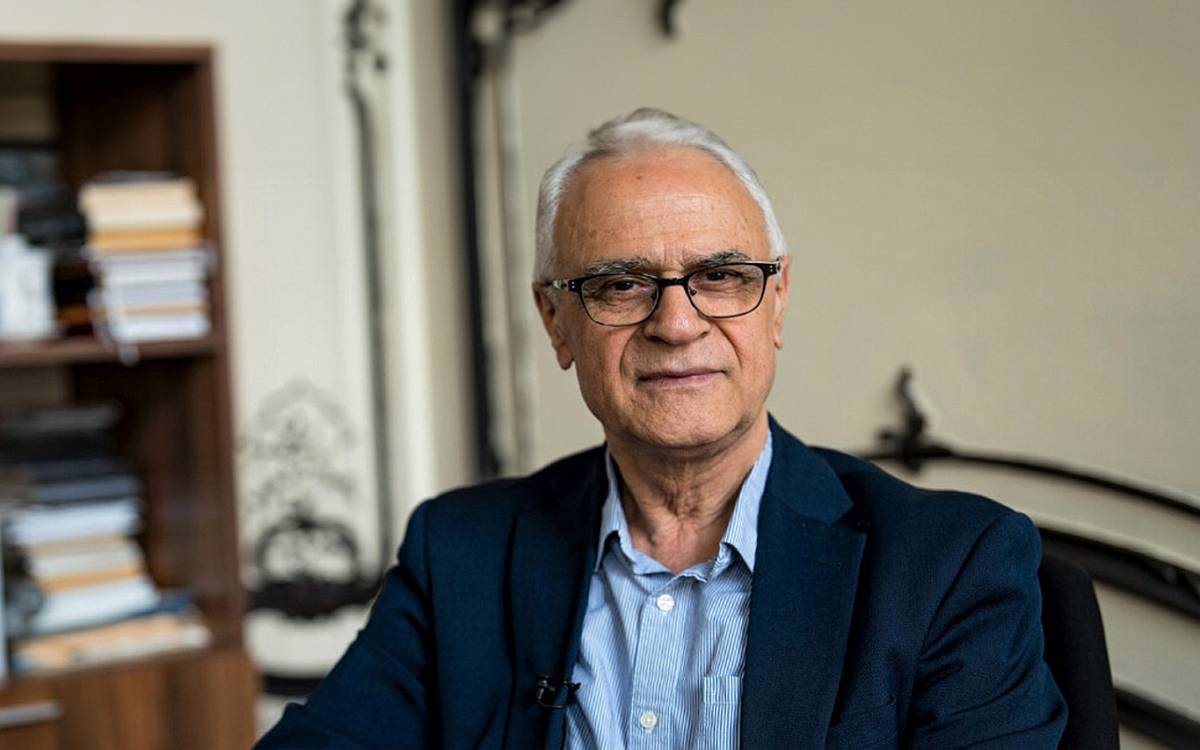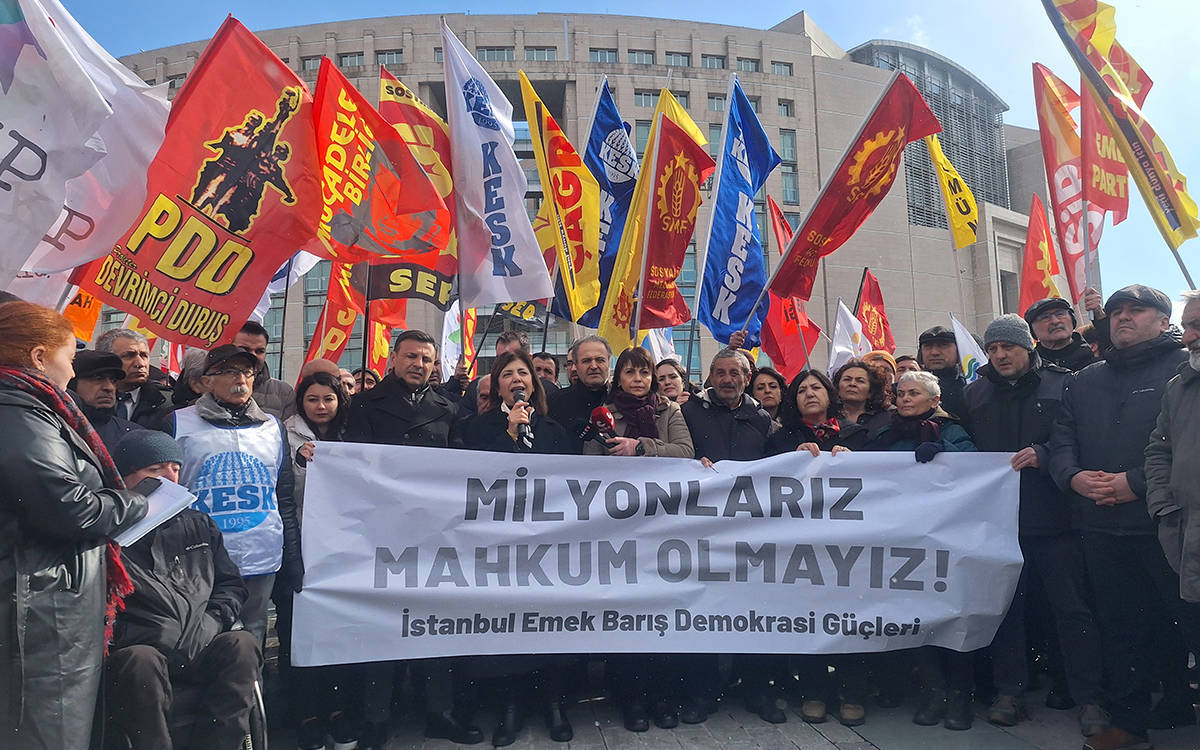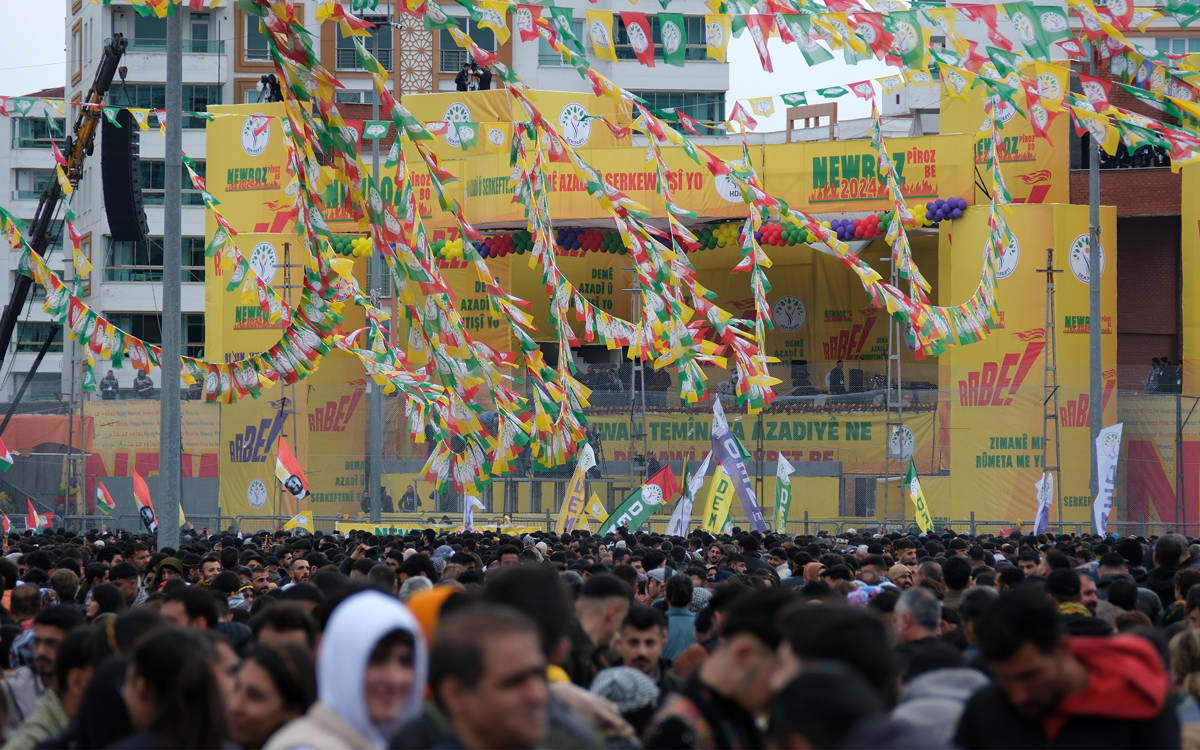* Photo: Anadolu Agency (AA)
Click to read the article in Turkish
The numbers of COVID-19 cases and deaths have been increasing in İstanbul, once called Wuhan of Turkey, especially for the last two months.
After the ban on intercity travel was lifted in June as part of "normalization" steps and a vast number of people left the city for vacation and family visits, the number of cases and deaths dropped in summer. In this three-month period, Ankara and Diyarbakır provinces were considered to be the centers of the outbreak in Turkey. However, with the return of people to the metropolis, the numbers have started to increase again.
In a statement on October 22, Minister of Health Fahrettin Koca said that the number of patients in İstanbul accounted for 40 percent of all cases across Turkey and it was five times higher than that of Ankara.
Addressing the reporters following the Coronavirus Science Board meeting on October 28, Minister Koca indicated that İstanbul was the 14th most crowded city in the world, raising concerns that the pandemic could not be managed in İstanbul unless the necessary control was ensured.
Since then, a series of measures have been announced; however, there have not yet been strict restrictions in sight.
Against this backdrop, we have spoken with Prof. Tufan Tükek, the Dean of İstanbul University Faculty of Medicine.
Noting that the number of cases has been increasing in İstanbul with each passing day, Tükek has underlined that the number of critically ill patients has also been increasing as a result of this:
"That being the case, the number of patients in intensive care units is increasing. We are providing new intensive care beds. We allocated 31 intensive care beds for COVID-19 patients; our beds are full now, we are opening new beds and services. It is the case in almost all hospitals. We do not let congestion, but we do not know how much longer it will go on like this. We might be talking about a different situation in a month."
'Extra beds are opened'
Prof. Tükek has also noted that the treatment of intensive care patients takes longer, which leads intensive care units to be packed with patients:
"Extra beds are opened; we are increasing the number of COVID-19 intensive care units. There are also patients in need of intensive care without having COVID-19, who account for nearly half of all intensive care patients. We need to take non-COVID patients into consideration as well."
'Genetics is an important factor in deaths'
Touching upon the infection and mortality rates of the virus, Tükek has noted that neither of these rates has changed. Underlining that genetic factors might trigger deaths, Tükek has also said: "It has a mortality rate of 2 to 2.5 percent; its infection or mortality rate has not changed. We think that genetic factors are important in COVID-19 deaths.
"The deceased patients are mostly from the same family. The virus probably triggers a different mechanism in them. Some of them have the disease as outpatients, no problems occur. But some people suffer quite severely and it ends in their death. A high number of deaths occur in the same family. There is still not anything proven, but there is ample evidence suggesting that genetic factors might be playing a role."
'If vaccines help, numbers will drop'
Tükek has stressed that they cannot prognose when the outbreak will finally come to an end: "None of us can say when the outbreak will end; if the virus was mutated, it could have ended, but it did not. If vaccines help, there will be a drop; but there must be vaccines throughout the world. The virus needs to be ended in the world; otherwise, it will keep on spreading.
"We can protect ourselves from such outbreaks by doing two things: The first one is vaccination and the second one is the imposition of serious restrictions. Lockdowns were in effect in March and April, but the ones who govern the country do not really seem to be in favor of lockdowns.
"Reopenings happened in the world as well, but several countries cannot stand it any more. The burden of the virus in hospitals is increasing and lockdowns are being readopted. I think there are no serious restrictions or bans in Turkey as it has not reached that point. On the contrary, statements were made, suggesting that there would not be restrictions. When hospitals reach the fill point, they will impose restrictions."
'Health workers need moral support'
Concluding his remarks, Prof. Tufan Tükek has raised concerns about the working conditions of healthcare workers, who have been combatting the outbreak in Turkey over the past eight months:
"Healthcare workers need moral support and motivation. We have difficulties in working in shifts. We start to write shifts for people who work in different departments. Being in constant close contact with the outbreak and patients depresses health workers, it has harmed their family life; I do not know how much longer it will be endured.
"Leaves were debated, but health workers have been unable to take a leave anyway. At a time when the outbreak has been spiking, taking leaves would increase the burden on our working friends, there is now a standard for this. Pricing can be reviewed, better wages can be paid, as was the case in the beginning, which would give moral support to them." (RT/SD)








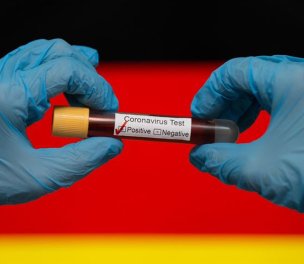

as.jpg)


